TL17INFLU
Latest
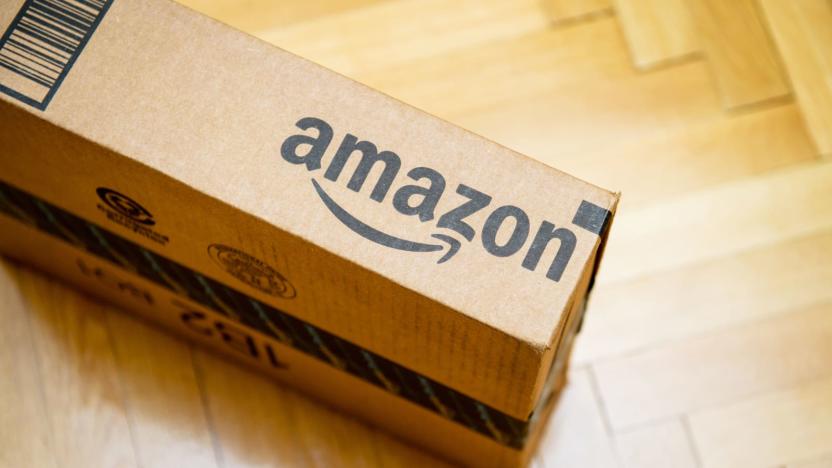
Amazon expands influencer program to Twitter and Instagram 'stars'
A couple of months ago, Amazon opened up its influencer program to more YouTube stars with large followings. It lets people with large followings on the video service set up their own page full of Amazon products, of which the influencer gets a cut when someone buys from that page. Now the online retailer is expanding to include Twitter and Instagram influencers in the program.
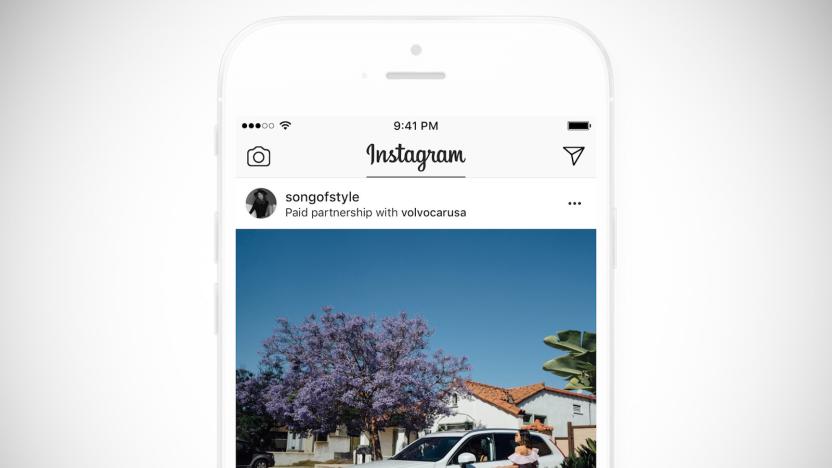
Instagram opens its paid post tools to more 'influencers'
In June, Instagram introduced a new tool that makes sponsored content a little more obvious. The feature allows users posting images and stories that qualify as ads to make that clear right up top with a "Paid partnership with [brand]" tag. That tool was expanded to more users in August and now, Instagram has made it available to users with a high level of engagement and anyone with access to its Insights data -- Instagram's analytics tool for those with a business account. Additionally, those that can use the tool will also begin receiving notifications when Instagram systems detect a post that could be an ad but hasn't been tagged as such.

FTC warns influencers about relying on Instagram's ad marker
Up and coming social media stars posting sponsored content may want to take a careful look at today's #Influencers101 Twitter chat from the FTC. The agency tried to clarify a number of issues cropping up around promotional material posted to social media, which The Fashion Law has compiled into a more easily-readable Q&A format. One answer that jumps out, however, is a note mentioning that Instagram and YouTube's built-in notification tools may be too subtle for the FTC's liking.

YouTube stars are blurring the lines between content and ads
Beyonce, Justin Bieber, Kim Kardashian and Kendall Jenner are just some of the celebrities under the microscope for using social media to shamelessly plug sponsored products. Advertising without proper disclosures has become a growing problem with influencers that have thousands or millions of followers on Facebook, Instagram and Twitter. And it's happening on YouTube as well, where it's often hard to tell whether videos from big-name "content creators" are paid ads or genuine reviews.
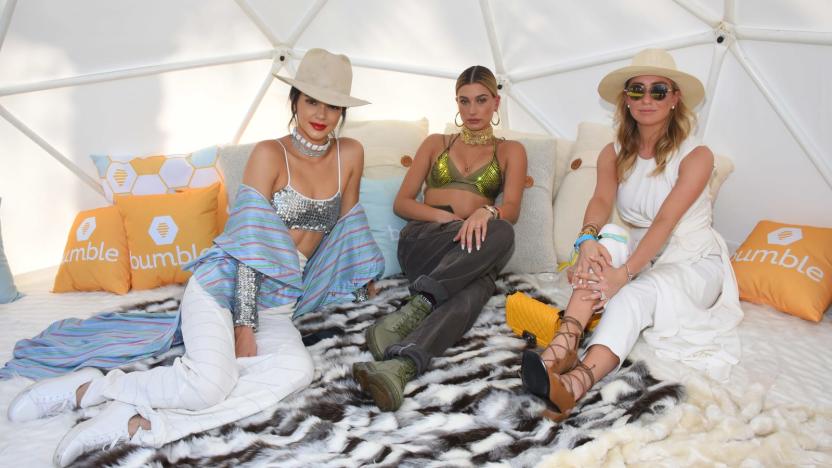
Instagram gives social media influencers the benefit of the doubt
The chaos surrounding the cancelled Fyre Festival is a perfect example of how social media influencers can misguide consumers. Instagram users were led to believe they would be rubbing shoulders with supermodels like Kendall Jenner and Bella Hadid in the Bahamas, after both of them heavily promoted the event on their accounts without ever disclosing they were paid to do so. People who spent thousands of dollars to attend eventually realized this was far from reality. Instead, the promised "cultural experience of the decade" left some stranded at airports. This led to a long list of legal problems organizers have had to deal with since the Fyre Festival was shut down on its opening day in May. Celebrities have been getting away with this type of stealth shilling on social networks for years now, but that may be coming to an end soon -- at least on Instagram.
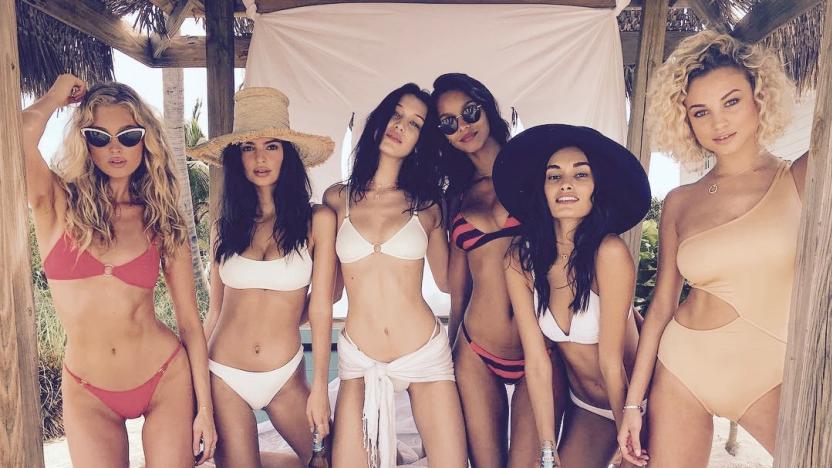
Instagram influencers fanned the flames of Fyre Festival hype
When tech entrepreneur Billy McFarland and rapper Ja Rule (born Jeffrey Atkins) created Fyre Festival, a music event in the Bahamas for the selfie generation, they never imagined their idea would be on the receiving end of seven fraud and negligence class-action lawsuits (including one seeking $100 million) by the end. And that end came quicker than they'd imagined: After poor planning by organizers left people stranded at airports, without lodging and eating cheese sandwiches instead of the five-star meals promised, Bahamas officials decided to shut down the festival on opening day. "The event organizers assured us that all measures were taken to ensure a safe and successful event," the Bahamas Ministry of Tourism said in a statement, "but clearly they did not have the capacity to execute an event of this scale."
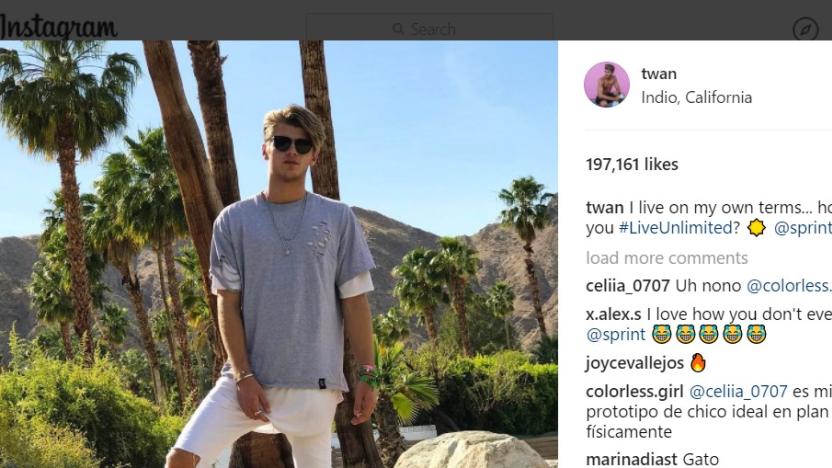
FTC letters warn social media stars about advertising labels
Over the last few months, the feds have slowly turned their attention to the spread of advertising over social media. With a lack of rules and information, celebrity "influencers" paid to push products on their growing audiences haven't had consistent guidelines on how to reveal those relationships. Last year, the FTC pressed brands to educate influencers, and now it has sent over 90 letters to influencers and marketers alike. Those letters indicate that any material connection between an endorser and advertiser "should be clearly and conspicuously disclosed, unless it is already clear from the context of the communication."

FTC complaint blasts Disney, Google over child influencer videos
It's sketchy enough when companies send free products to YouTube stars in return for positive coverage, but it's worse when those videos are explicitly aimed at kids. How is a young child supposed to tell the difference between genuine enthusiasm and someone compelled to say good things in return for gifts? That's what a handful of consumer watchdog groups plan to solve. Campaign for a Commercial-Free Childhood, Center for Digital Democracy and Public Citizen have filed a complaint asking the FTC to stop the practice of aiming influencer videos at kids. Companies like Disney and DreamWorks (via Maker Studios and AwesomenessTV) are allegedly being "unfair and deceptive" by targeting these pseudo-ads at the preteen crowd. Google, meanwhile, purportedly "encourages and benefits" from distributing these videos on YouTube and YouTube Kids.




